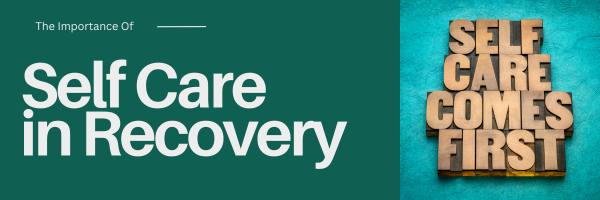The Importance of Self-Care in Recovery
By: Troy Hatfield
For the past 14 years, I have dedicated my life to working in recovery, both in facilities and out on the streets. Through all these years, the most important message I can pass on to others is this: take care of yourself first. If you can’t take care of yourself, you can’t take care of anyone else.
Too often, we find ourselves just going along to get along, but in most cases, that approach doesn’t work. Recovery, whether for ourselves or those we support, requires intentional effort, self-awareness, and honesty. Working in this field can be incredibly stressful and demanding, which is why it’s so important to acknowledge when we’re struggling.
We don’t have to be strong all the time. We are human, and we need to prioritize our own well-being just as much as we help others prioritize theirs. Sobriety is hard work, and it’s a lifelong journey. There will be moments of exhaustion and moments when we feel like we can’t keep going. Not if you get tired, but when you get tired — reach out for help.
If you’re struggling today, know that you’re not alone. Recovery is possible, but we cannot do it in isolation. Take care of yourself first, so that you can continue to show up for others.
Self-Care Tips for Recovery:
- Prioritize Rest and Sleep: Your body and mind need time to heal. Make sure you are getting enough sleep and allowing yourself to rest when needed.
- Stay Connected with Support Groups: Whether it’s a 12-step program, therapy, or trusted friends and family, don’t isolate yourself.
- Engage in Physical Activity: Exercise can help reduce stress, improve mood, and build a sense of accomplishment.
- Practice Mindfulness and Meditation: Taking time for yourself to reflect and be present can be incredibly grounding.
- Set Healthy Boundaries: Learn to say no when necessary and protect your emotional well-being.
- Engage in Hobbies and Creative Outlets: Find joy in activities that bring you peace and a sense of fulfillment.
- Seek Professional Help When Needed: Therapy and counseling can be essential tools in maintaining long-term recovery.
If you or a loved one needs help, contact our 24/7 information and intake line at 833.780.3088. Second chances are only a call away.


Recent Comments